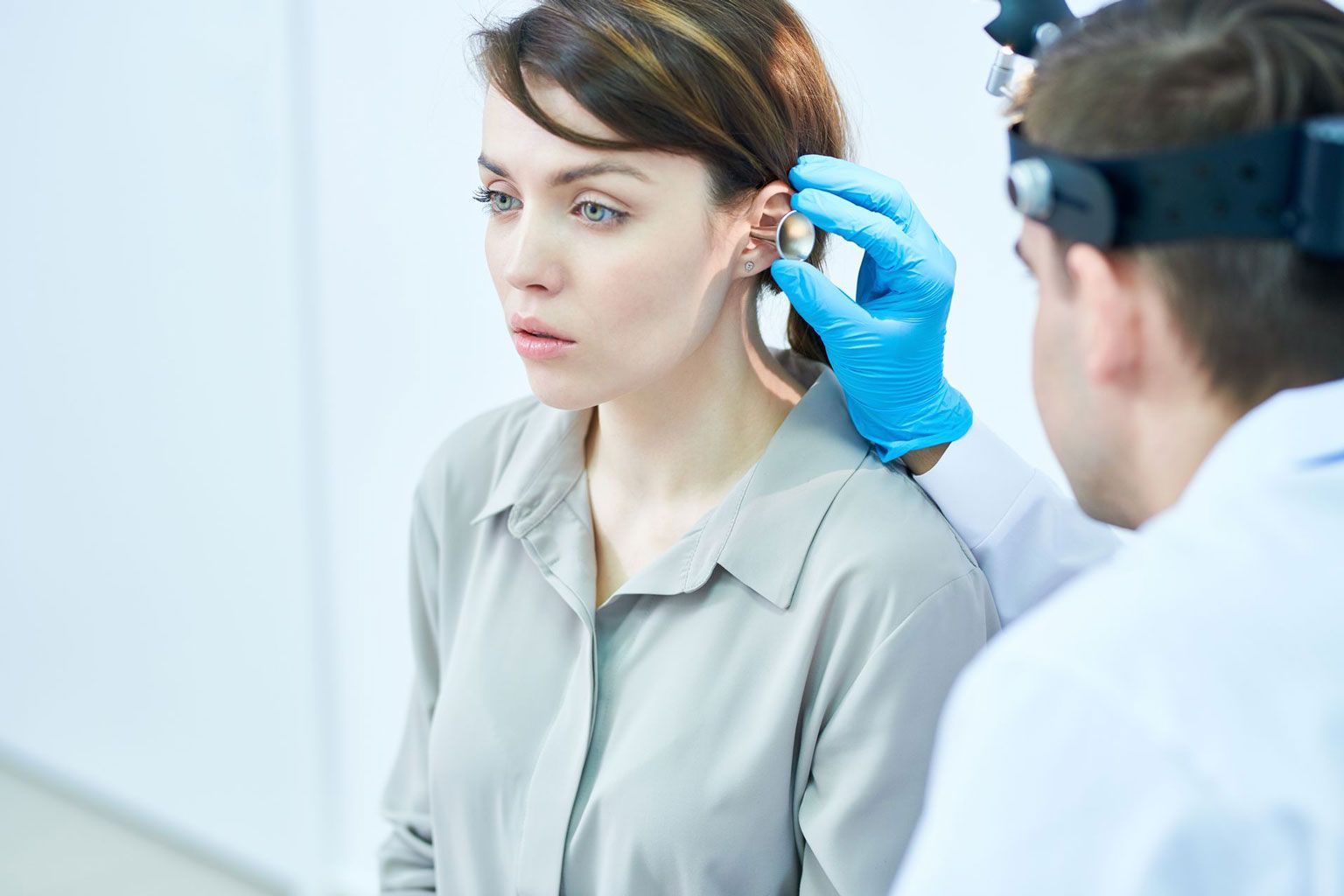Why Choose An Audiologist?
Choosing an Audiologist
These days, there are many choices when it comes to choosing a hearing professional. Trying to make sense of all the letters next to hearing professionals’ names can easily become confusing, but luckily they all fall into two categories:
- Audiologists (designated by Au.D.), who have earned a Doctorate in Audiology degree
- Hearing Aid Dispensers (designated by a variety of acronyms, but most commonly HAD, HAS, or HID), who have passed a licensing exam that often only requires a high school diploma to be eligible
Audiologists Qualifications
As you may have noticed, there is a vast difference in education and training between licensed audiologists and hearing aid dispensers. Audiologists complete at least 8 years of collegiate education and are the only hearing professionals who are university trained and licensed to identify, evaluate, diagnose, and treat hearing disorders. This is much more training than received by hearing aid dispensers or hearing aid specialists, who merely need to pass a licensing test that often only requires a high school diploma to be eligible. Because of their lengthy training, audiologists are the only hearing professionals licensed to perform several hearing health services (such as earwax removal) and to get to the bottom of what is actually causing your hearing problems (using thorough diagnostic testing).

Your Health is Our Priority
Beyond their extensive training, audiologists commitment to ethical practice is evident by the required oath they pledge to their vocation and must adhere to in order to maintain their license. This oath states that audiologists must always practice in the best interest of the patient and means that patients can always count on the advice and recommendations from an audiologist to be honest and aimed at providing the most appropriate solutions, no matter what.
Our audiologists are committed to the ethical guidelines of their profession and never try to “sell” to our patients, but instead aim to educate them on their situation and best options for their hearing health.
